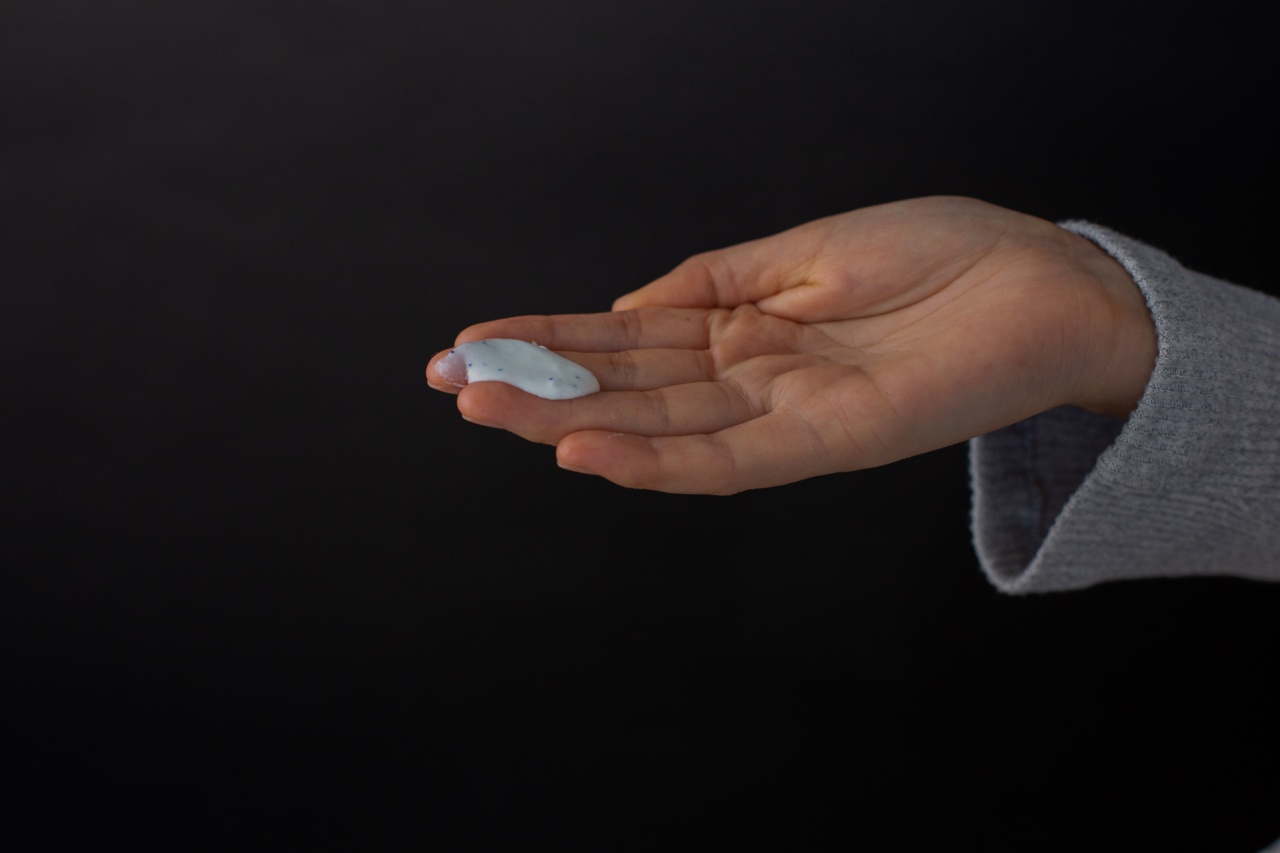Collagen is a protein that plays a crucial role in maintaining the health and elasticity of our skin, hair, nails, and connective tissues.
As we age, our body’s collagen production naturally declines, resulting in wrinkles, sagging skin, brittle nails, and joint pain.
Why is collagen important?
Collagen is the most abundant protein in our body, making up about 30% of our total protein content. It provides structural support to our skin, bones, muscles, tendons, and cartilage, ensuring their strength, flexibility, and durability.
Factors that affect collagen production
Several factors can negatively impact collagen production in our body. These include:.
1. Age:
As we age, our body naturally produces less collagen, leading to visible signs of aging such as wrinkles, fine lines, and sagging skin.
2. Sun exposure:
Excessive exposure to ultraviolet (UV) radiation from the sun can break down collagen fibers and hinder collagen synthesis, resulting in premature aging and sun damage.
3. Poor diet:
A diet lacking in essential nutrients like Vitamin C, amino acids, and antioxidants can hinder collagen production and weaken the body’s ability to repair and regenerate connective tissues.
4. Smoking:
Smoking accelerates collagen breakdown and damages the skin’s elasticity, leading to premature aging and increased wrinkle formation.
5. Stress:
Chronic stress can affect collagen metabolism and promote the production of enzymes that degrade collagen, resulting in weakened skin and connective tissues.
Ways to boost collagen production naturally
1. Consume collagen-boosting foods
Incorporating collagen-boosting foods into your diet can help stimulate collagen production. These include:.
– Bone broth: Rich in collagen, gelatin, and amino acids necessary for collagen synthesis.
– Fish: Contains omega-3 fatty acids, which promote collagen production.
– Citrus fruits: High in vitamin C, which aids in collagen synthesis.
– Berries: Packed with antioxidants that protect collagen from damage.
– Leafy greens: Provide vitamins and minerals essential for collagen production.
2. Supplement with collagen peptides
Collagen peptide supplements are an easy and effective way to enhance collagen production. These supplements contain hydrolyzed collagen that is broken down into smaller peptides, making it more easily absorbed by the body.
Regular consumption of collagen peptides can improve skin elasticity, reduce wrinkles, and strengthen hair and nails.
3. Protect your skin from sun damage
Reducing sun exposure and using proper sun protection measures can help prevent collagen breakdown. Make sure to use sunscreen with a high SPF, wear protective clothing, and seek shade during peak sun hours.
4. Quit smoking
Quitting smoking is not only beneficial for your overall health but also for collagen production. By quitting smoking, you can reduce collagen degradation and improve skin elasticity, leading to a more youthful appearance.
5. Get enough sleep
Getting adequate sleep allows your body to repair and regenerate, including the production of collagen. Aim for 7-9 hours of quality sleep each night to support collagen synthesis and maintain optimal skin health.
6. Exercise regularly
Regular exercise promotes healthy collagen production by increasing blood flow and delivering the necessary nutrients to your skin and tissues.
Incorporate both cardiovascular exercises and strength training into your routine for optimal collagen synthesis.
7. Practice stress management
Chronic stress can negatively impact collagen production, so it’s important to manage stress levels. Engage in activities that help you relax and reduce stress, such as yoga, meditation, deep breathing exercises, or pursuing hobbies you enjoy.
8. Use collagen-boosting skincare products
Topical skincare products containing ingredients like retinol, peptides, vitamin C, and hyaluronic acid can help stimulate collagen production, reduce wrinkles, and improve skin elasticity.
9. Massage your face
Gentle facial massages can improve blood circulation, promote lymphatic drainage, and stimulate collagen production. Use upward motions and a light pressure while massaging your face to prevent tugging or stretching the skin.
10. Stay hydrated
Proper hydration is essential for healthy skin and collagen production. Drink plenty of water throughout the day to keep your skin hydrated and maintain its elasticity.
Conclusion
Boosting collagen production naturally is essential for maintaining youthful skin, strong hair and nails, and healthy connective tissues.
By incorporating collagen-boosting foods into your diet, taking collagen peptide supplements, protecting your skin from sun damage, quitting smoking, getting enough sleep, exercising regularly, managing stress, using collagen-boosting skincare products, practicing facial massages, and staying hydrated, you can support your body’s collagen production and improve your overall appearance.































